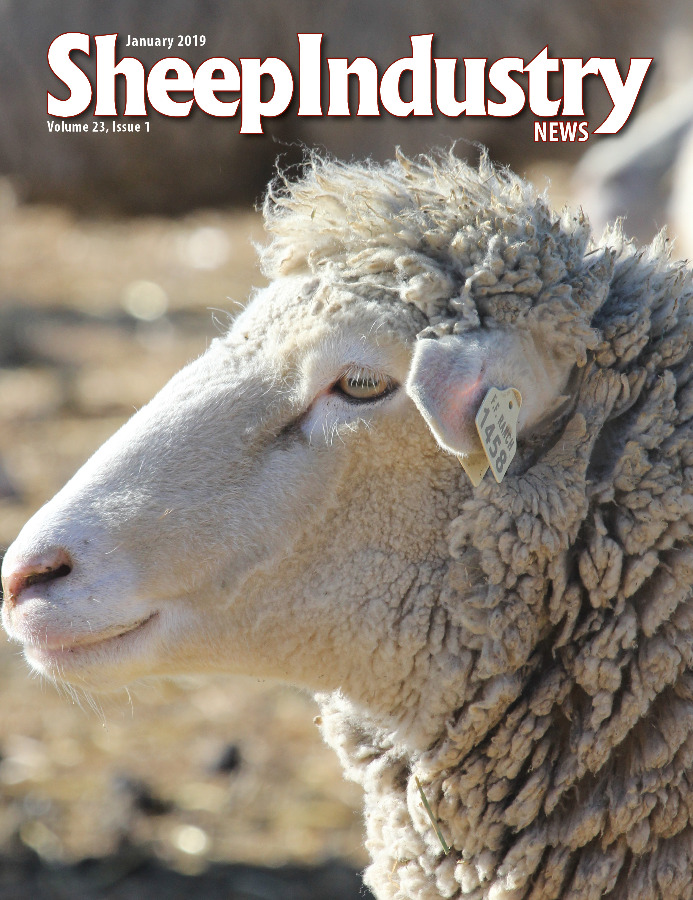KYLE PARTAIN
Sheep Industry News Editor
In the words of Katie Sullivan on Facebook, “Who declared it ‘Kick Wool in the Teeth Week?’”
That’s what it felt like in late November/early December as two different apparel companies chose to take shots at all-natural wool in their advertising and promotional campaigns. If you follow the ASI or Experience Wool social media accounts, then you’re most likely already familiar with these situations. If you aren’t following those accounts, well maybe you should fire up your computer or smart phone and take care of that right now.
The first “kick in the teeth” came from Duluth Trading Company – a company that actually includes wool apparel in its product line. An ad for one of the company’s shirt jacs included the following taglines, “Fleece-infused. No smelly animal fur here. Just soft, furnance-warm, 200-gram polyester fleece.” And there was a picture of a sheep included just to make sure everyone knew what the company was referring to with its “smelly animal fur” line.
ASI reached out to Duluth Trading and received a phone call from the company’s public relations folks. While they’ve chosen not to make an official comment on the situation, we were assured that the ad wouldn’t be used again in the future, and that the company is committed to serving its agricultural customers. It should be noted that humor plays a big role in Duluth’s marketing efforts. It appears this was simply a joke that missed its mark.
The second “kick in the teeth” came a few days later when we were maid aware of Lucky Brand’s efforts to market their “Shearless Fleece.” With a tagline that reads, “The world needs more fat sheep,” the company includes a photo of Shrek – an Australian sheep that was lost and went unshorn for six years. He literally is the poster sheep for why wool must be shorn each year. There’s nothing healthy about the condition Shrek was found in. Hang tags on the clothing go on to state, “Not a single sheep was sheared in the making of this garment.”
Of course, they don’t mention recent studies about polyester garments polluting our environment every time they hit the washing machine. ASI reached out to Lucky Brand – a Canadian company that doesn’t appear to use wool in any of its products. The company offered a generic response on social media, which stated, “We did not intend to offend anyone with this hangtag. We are making efforts to adopt an animal welfare policy and a sustainable sourcing program. We are grateful to a community that reaches out to educate us, and we are committed to listening, learning and adapting policies where they fall short.”
ASI ran across each of these situations while monitoring social media, and our followers were also quick to bring these slights against wool to our attention. I would encourage anyone who finds similar statements adverse to the sheep and wool industries to pass them along to myself or anyone in our office. While we routinely monitor Facebook, Twitter and Instagram, we can always use an extra set of eyes when it comes to situations like these.
Rest assured, that when issues such as these are brought to our attention, we will deal with them quickly and decisively. Whether it’s an honest mistake or a deliberate shot at our industry, ASI won’t stand idly by as companies spread false information and fake news about our industry.



